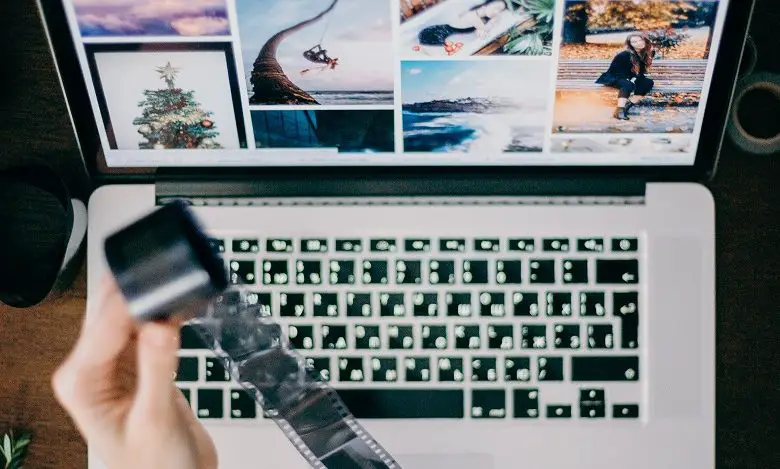
Turning my passion for films into a career as a disabled film editor
We’d all love to make a career of our hobby, allowing us to truly love our job. Stephanie Castelete-Tyrrell from Northamptonshire, who has congenital Muscular Dystrophy, proves it is possible. Find out how she turned her passion for film editing into a successful career.
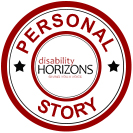 Despite being born with Muscular Dystrophy, a progressive muscle-wasting condition that affects my body and organs, have never let my disability get in the way of my ambitions. At 25 years old, I am truly living life to the full.
Despite being born with Muscular Dystrophy, a progressive muscle-wasting condition that affects my body and organs, have never let my disability get in the way of my ambitions. At 25 years old, I am truly living life to the full.
My passion for film-editing began when I was studying my Master of Arts degree in Film and Television at the University of Bristol. I undertook a unit called The Art of Editing, where I learnt about storytelling techniques from the early 1900s to contemporary films.
I was asked to write an essay about the narrative and expressive role of editing in a film of my choice. I chose Requiem For A Dream, an American thriller released in 2000 about the horrors of drug addiction.
Addiction is present in many forms in the film and the editing techniques. For example, it was used in the manipulation of time, repetition, montage and split-screen. This all contributed to the representation of drug addiction in a horrific but cinematically-beautiful way.
I loved the way that, even without dialogue, the film was able to convey to the audience how taking drugs can spiral out of control and lead to life-long consequences.
After studying this film, I wanted my editing to have an impact on my audience in an equally moving and powerful way.
Filming and editing as a disabled person
All through university, my peers physically helped me in areas of filming and editing that were challenging, such as sound-recording and cinematography.
My crew included me in all aspects and made my experiences extremely positive. I have been incredibly lucky and privileged to have worked with such talented and supportive people over the years.
For my dissertation film, I made a short documentary called Muscle Warriors. It looked at how powerchair football helps people with life-limiting conditions maintain healthy wellbeing through partaking in a competitive sport, socialising and achieving awards.
It is also an educational film that explores the difficulties of living with Muscular Dystrophy, but shows what you can do to maintain a positive and healthy mind.
In April 2020, I won an Award of Recognition from the Best Shorts Competition in California for that film!
My Master’s degree was invaluable to my career. Academically and with practical filmmaking I have gained many new skills. I have also learnt a lot about myself and I have grown more confident and driven to be successful.
Accessible film editing
Film editing is the aspect of the film production process that I find fully accessible. All I need is my computer and I can undertake projects without needing physical assistance. This is important to me as I feel a sense of accomplishment when I finish something without any help.
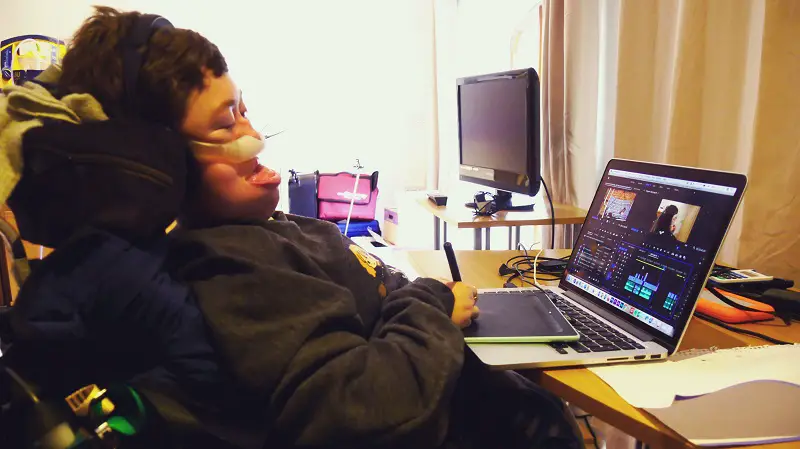
In 2018, I set up a film production company called Four Wheel Drive Productions. My motivation was to promote diversity and inclusion in the film industry. I feel, even to this day, that people with disabilities are underrepresented on screen, while the opportunities for people with disabilities to become filmmakers are sparse.
At the moment, my company is small, but in the future, I would like to employ filmmakers with disabilities to work on projects with me.
This will ultimately remove the stigma around disability and show that people with disabilities are creative and full of potential.
My inclusive production company
Four Wheel Drive Productions is a post-production company and script-consultancy service. I help clients to develop their screenplays and ideas until they are ready to send to film festivals or industry professionals. I also edit films, so if a client sends me their footage, I edit and colour grade the film ready for it to be distributed.
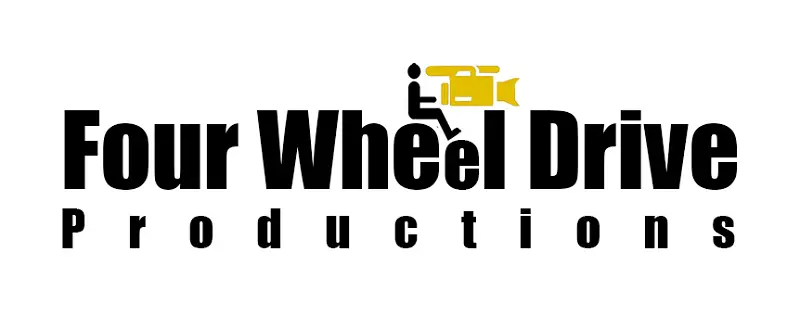
Since setting up the company, I have edited a range of short films, including psychological thrillers and documentaries.
In 2019, I edited promotional videos for a charity called Motivation based in Bristol. The videos were made to raise money for wheelchairs for disabled children living in third world countries. They also aimed to promote inclusivity in schools through sports and to remove the stigma around disability in third world countries.
I have also edited two testimonial videos for ReGo Sports Therapy, a sports massage business based in Northamptonshire. One focused on a boxer who had damaged his shoulder and showed how sports massage had helped him to recover and get back in the ring.
The other followed a horse rider who used sports massage as a way of relieving the tension which she was sending through her reins to her horse; in turn, this improved the quality of her ride and performance.
In the future, I want Four Wheel Drive Productions to become a full production company, providing clients with pre-production, production and post-production facilities.
Being a disabled entrepreneur
Setting up my company was fairly easy. I first had to register the business with Companies House and my accountants were very helpful when I was completing the legal documents.
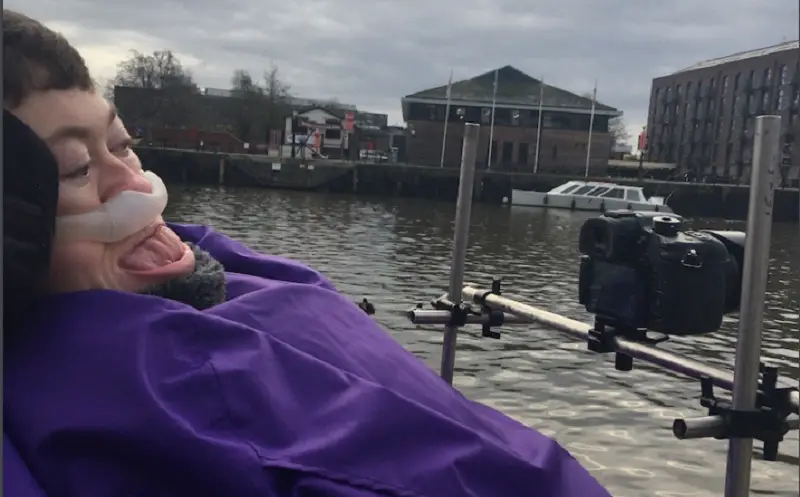
The next step was setting up a business account with my bank and contacting a solicitor who created contracts to send to people who wanted my services. Running a business solo has its challenges, but it is not impossible.
The trickiest part for me was building the website, as I have never done this before. But after months of contemplating whether to hire someone or do it myself, I chose the latter, slowly working through some designs until I was happy.
I also had to learn to balance the time spent promoting my business on social media with actually working on my projects, as advertising is extremely time-consuming.
My experiences have been very positive. It is easy to become worried and self-conscious, wondering whether people are going to judge me on my disability, not my ability.
Initially, I asked myself whether people thought I’m not good enough to be doing this. I quickly learnt this is not the case when my crew and colleagues praised me for my skills and encouraged me to go further.
By Stephanie Castelete-Tyrrell
You can find out more about Stephanie’s company by visiting her Four Wheel Drive Productions website, and by following her on Twitter @StephCaslelete.
More on Disability Horizons…